Discover the secrets to cultivating the beloved Gardenias a fragrant and elegant flowering plant. This comprehensive guide covers everything from selecting the right variety and preparing the soil to watering, fertilizing and troubleshooting common issues. Learn how to create the perfect environment for these delicate beauties to thrive indoors or in your garden.
Gardenias are the embodiment of fragrant elegance in the plant world, captivating gardeners with their heavenly scent and exquisite white blossoms. These delicate yet resilient plants offer a touch of tropical charm to any indoor or outdoor space. However, successfully cultivating gardenias requires a deep understanding of their unique needs and preferences. In this comprehensive guide, we’ll unveil the secrets to growing thriving gardenia plants, allowing you to bask in their intoxicating aroma and stunning beauty.
Here’s a short chart with information about Gardenias (Gardenia jasminoides):
| Aspect | Information |
|---|---|
| Botanical Name | Gardenia jasminoides |
| Common Names | Gardenia, Cape Jasmine |
| Plant Type | Evergreen shrub |
| Zones | 8-11 |
| Exposure | Full sun to partial shade |
| Bloom Time | Late spring to summer |
| Height/Spread | 3-8 feet tall, 3-6 feet wide |
Unveiling the Allure of Gardenias
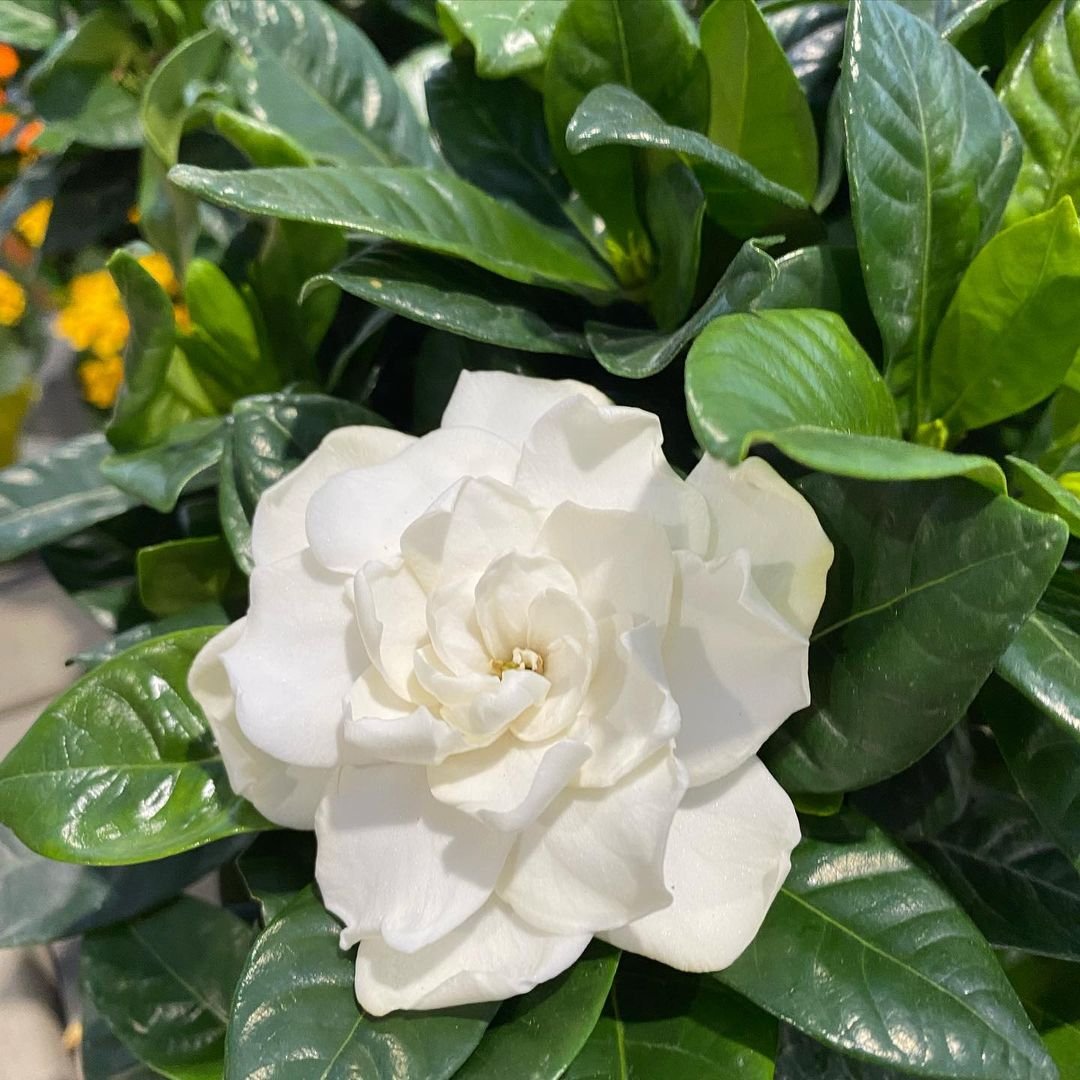
A Botanical Treasure
Before delving into the specifics of gardenia cultivation, let’s take a moment to appreciate the allure of these remarkable plants. Gardenias belong to the Rubiaceae family and are native to tropical and subtropical regions of Africa, Asia and Australia. These evergreen shrubs boast glossy green foliage and exquisite white flowers that exude a fragrance so divine, it has been cherished across cultures for centuries.
Varieties to Explore
When it comes to growing gardenias, selecting the right variety is the first step towards success. Here are some popular options to consider:
Gardenia jasminoides
This classic variety features large, double white flowers and a rich, sweet fragrance that is synonymous with the gardenia name.
Gardenia augusta ‘Veitchii’
Known for its compact growth habit and abundant blooms, this variety is well-suited for container gardening, allowing you to enjoy its beauty indoors or on a patio.
Gardenia ‘Miami Supreme’
A hybrid variety that is more cold-tolerant and resistant to common gardenia diseases, making it an excellent choice for gardeners in cooler climates.
Mastering the Art of Gardenia Cultivation
Soil and Planting Requirements
Gardenias thrive in well-draining, acidic soil with a pH range of 5.0 to 6.5. If your soil is alkaline, amend it with sulfur, peat moss or other acidic amendments to lower the pH. Gardenias also prefer a partially shaded location as direct sunlight can scorch their leaves and cause the flowers to fade quickly.
When planting, choose a spot with good air circulation and prepare the soil by mixing in compost or well-rotted manure. Dig a hole twice as wide as the root ball and plant the gardenia at the same depth it was growing in the container. Water thoroughly after planting to settle the soil around the roots.
Caring for Your Gardenia Plants
Watering and Fertilizing
Gardenias require consistent moisture but they don’t tolerate waterlogged conditions. Water your plants thoroughly, allowing the soil to dry out slightly between waterings. During hot, dry periods you may need to water more frequently. Feed your gardenias with an acid-based fertilizer formulated for acid-loving plants in early spring and again in midsummer.
Pruning and Humidity
Prune your gardenia plants annually in late winter or early spring to remove any dead or damaged branches and promote bushier growth. Avoid pruning during the blooming season to prevent reducing flower production. Gardenias thrive in humid environments so maintain proper humidity levels by using a humidifier, misting the plants regularly or placing the container on a pebble tray filled with water.
Overwintering
If you live in a colder climate, it’s best to bring your gardenia plants indoors during the winter months. Place them in a bright location and reduce watering to prevent root rot.
Troubleshooting Common Challenges
While gardenias are beautiful plants, they can be prone to certain issues. Here are some common problems and how to address them:
Bud Drop and Yellowing Leaves
If your gardenia buds are dropping before opening or if the leaves are yellowing, it could be due to improper watering, temperature fluctuations, low humidity or nutrient deficiency. Ensure you’re providing consistent moisture, maintain stable temperatures and humidity levels and check your soil pH and adjust if necessary.
Pest Infestations
Gardenias can be susceptible to pests like aphids, whiteflies and scale insects. Regularly inspect your plants and treat any infestations promptly with insecticidal soap or neem oil.
Fungal Diseases
Powdery mildew, leaf spot and root rot are common fungal diseases that can affect gardenias. Promote good air circulation, avoid overhead watering and treat any infections with an appropriate fungicide.
Gardenias are truly a gardener’s treasure, offering a captivating combination of fragrance, beauty and tropical charm. By mastering the art of cultivation outlined in this guide, you’ll be well-equipped to nurture these delicate plants and enjoy their heavenly blooms and scent in your own outdoor or indoor sanctuary. Embrace the challenge of growing gardenias and revel in the rewards of their fragrant elegance.

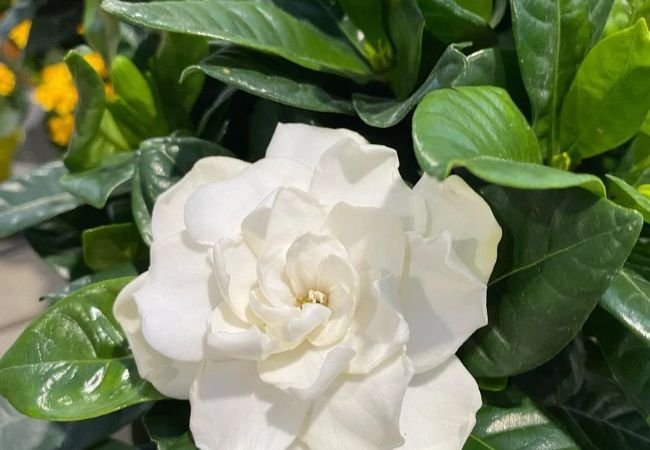

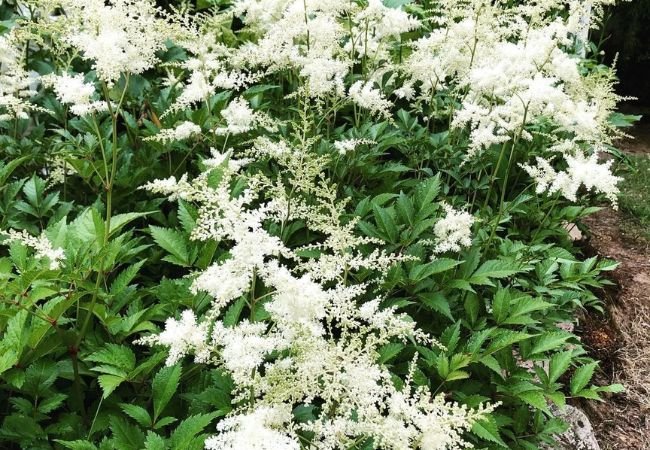

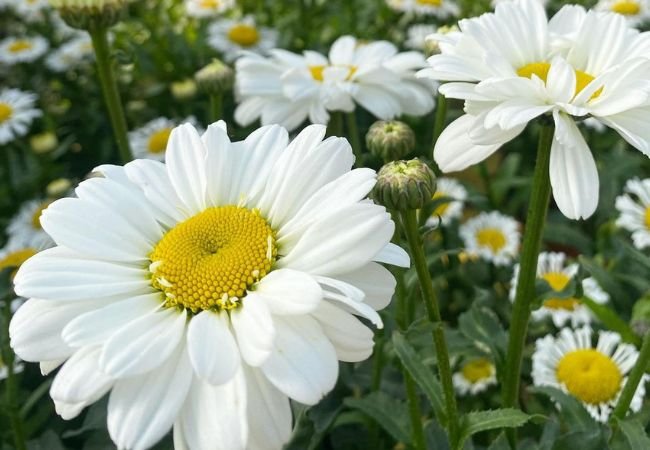
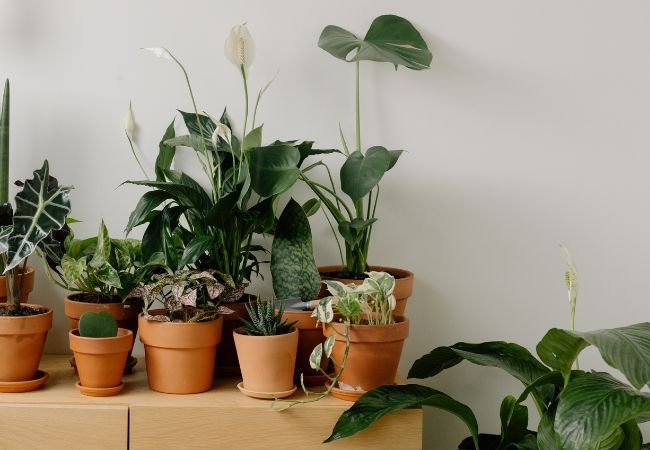
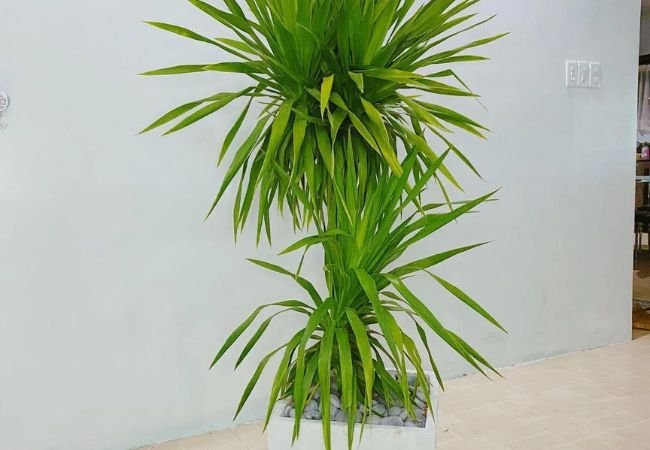
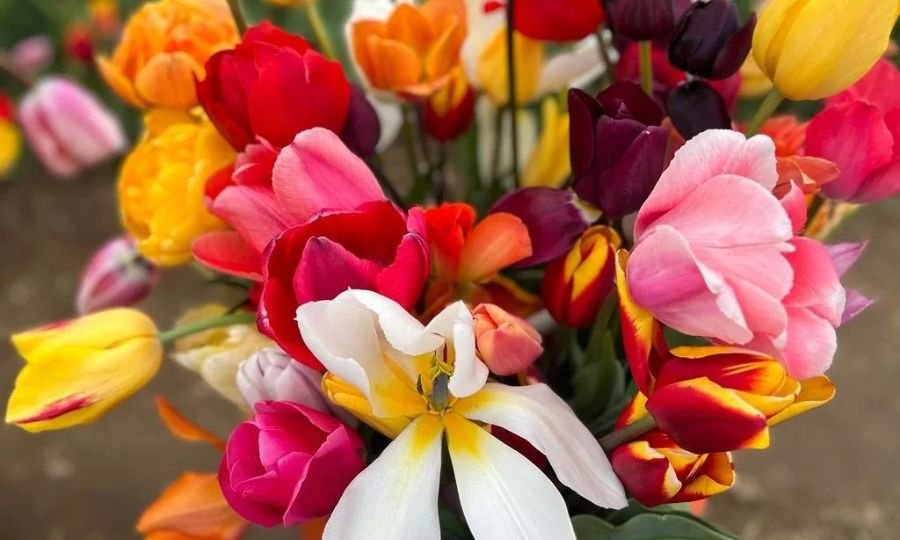
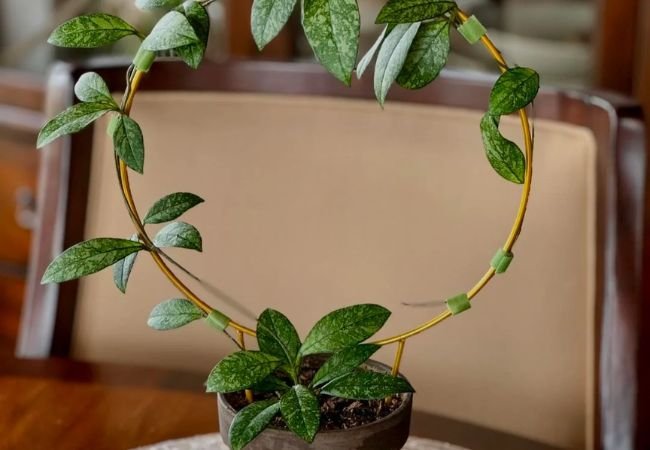
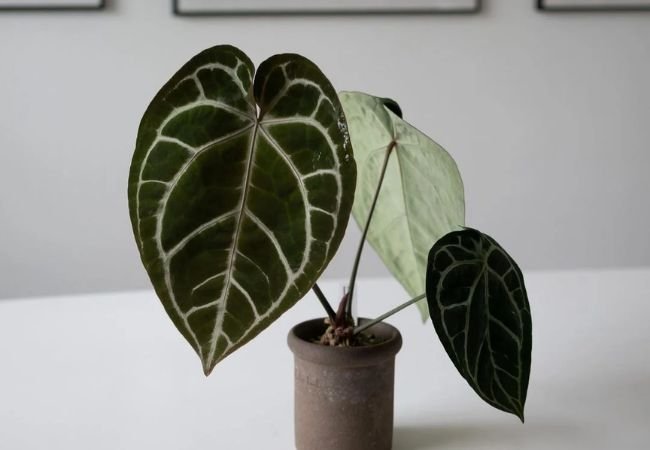
[…] you looking to add a touch of elegance and tranquility to your garden? Baby blue flowers might be just what you need. These delicate […]